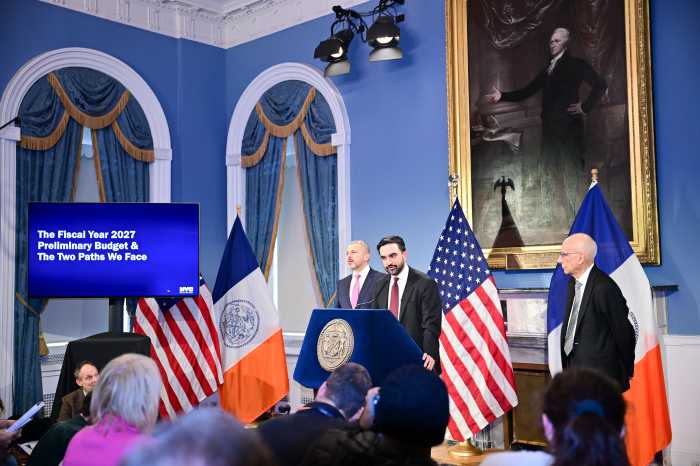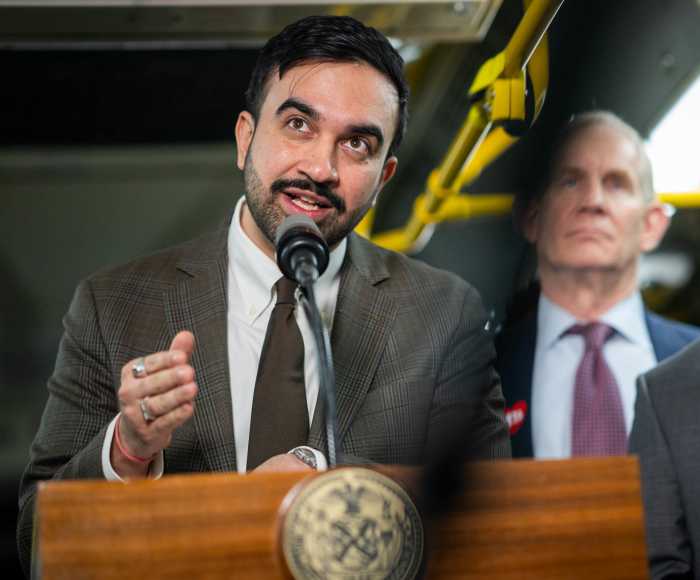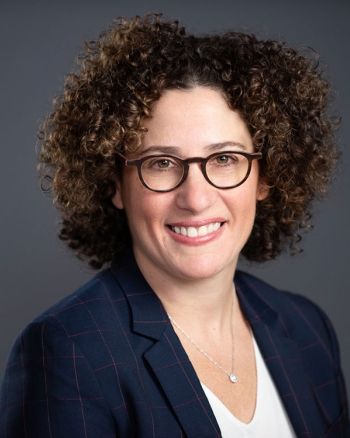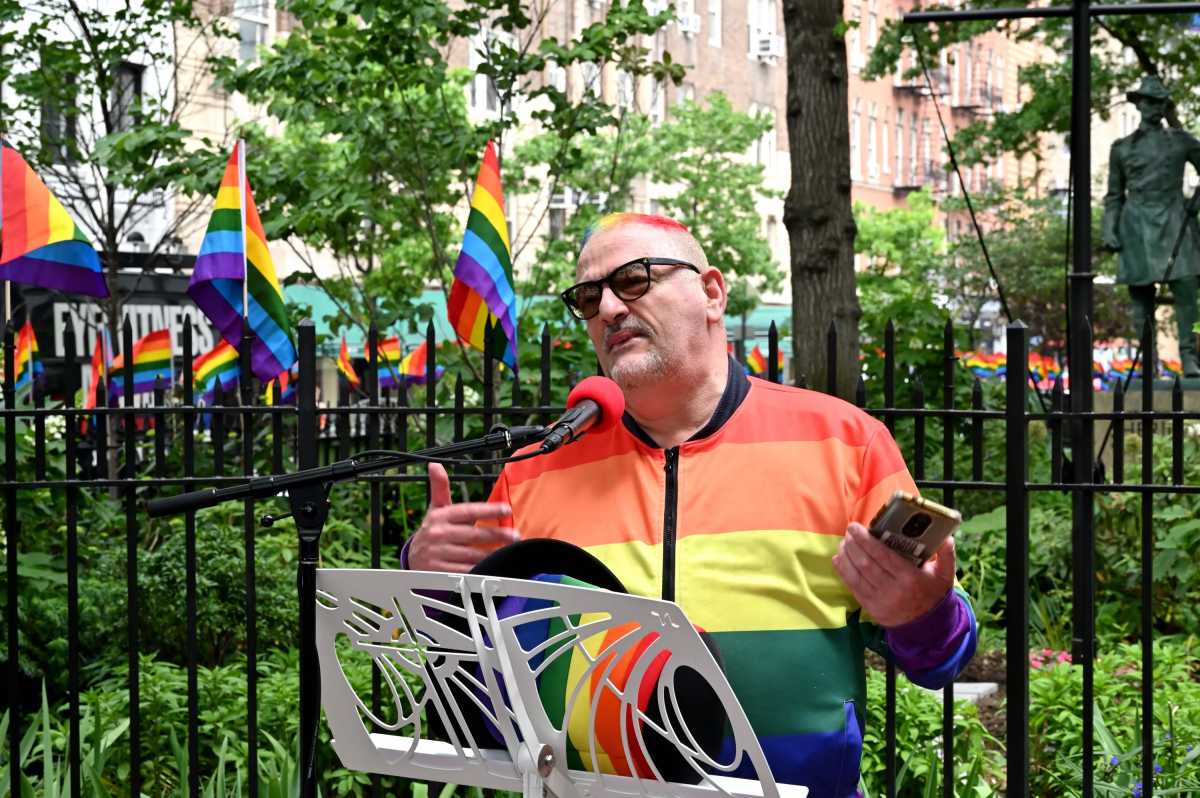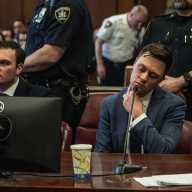Energy reliability is essential to our economic infrastructure. Power that flows reliably isn’t just convenience; it’s critical to keep our economy competitive.
But as the margin between energy supply and demand thins, the very foundation of our power system is being tested. Proposals for additional natural gas infrastructure, like the Northeast Supply Enhancement (NESE) project, directly address the energy constraint issue New York is facing and will ensure our communities and businesses continue to operate reliably and at an affordable price.
It’s time to set aside political arguments and deal in facts.
Winter Storm Elliott in 2022 was a wake-up call and underscored the urgent need for additional natural gas supply to support both heating and power. Elliott was a prime example of how even a temporary shortfall in energy can put lives, homes, businesses, and essential facilities at risk.
Our city’s current gas pipeline supply continues to prove to us that it does not have the capacity to sustain major emergencies. Energy demand continues to grow and the weather is becoming more volatile. Meanwhile, the thin reliability margin, along with the public safety and economic repercussions that stem from it, continue to become glaringly apparent.
New York is only becoming more energy-intensive by the minute. Our regional economy is being increasingly boosted by AI and other high-tech investments, promising significant job opportunities. Unlocking them requires more power.
NESE addresses these needs. An expansion of the existing Transco system would deliver natural gas directly to Brooklyn, Queens and Long Island. Once operational, NESE is projected to increase gas supply in New York City and on Long Island by 13%.
When it comes to keeping New York City competitive, the case for NESE is twofold: More energy options make energy more affordable, and they meet the ongoing needs of households and businesses reliant on natural gas.
We live in a time where about half of New York City’s households are struggling to afford basic needs. According to an independent analysis from Levitan, NESE would bring about $6 billion in electricity savings for New Yorkers over 15 years.
New York’s economic backbone is made up of thousands of small and mid-sized businesses that rely on affordable, reliable energy to operate. Amid so much economic uncertainty, New York households and businesses deserve predictable energy costs.
A stable, dependable power grid is also crucial for major economic growth opportunities, including the proposed multi-billion-dollar revitalization of the Brooklyn waterfront that includes thousands of much-needed new housing units.
The reality is that New York’s electrification goals lacked realistic plans and cost analyses to sustain our energy-intensive households, businesses, and industries. This, compounded by delays in and cancellations of renewable projects, particularly wind and solar, has left a persistent gap between energy demand and generation.
With about 90% of the electricity generated in New York City and on Long Island coming from natural gas, according to statistics from the state’s electric grid operator, not pursuing the needed gas infrastructure investments to keep powering the vast majority of households and businesses would only hurt New Yorkers and our economy in the process.
The New York Public Service Commission recently endorsed NESE, citing energy reliability concerns. So too have 63 labor, community, and business organizations representing a collective 1,470,000 members, as well as 72% of New Yorkers who in a recent poll say new pipelines bringing additional gas into New York is a good thing for the state.
Governor Hochul, who was recently named one of TIME’s 100 most influential global leaders driving business climate action, rightly is emphasizing an “all-of-the-above” energy strategy that relies on a balance of renewables and natural gas in a realistic energy ecosystem that keeps power flowing statewide safely and consistently.
Common sense says that’s the best path forward for our city and state. We ought to listen.
Randy Peers is the president and chief executive officer of the Brooklyn Chamber of Commerce.





